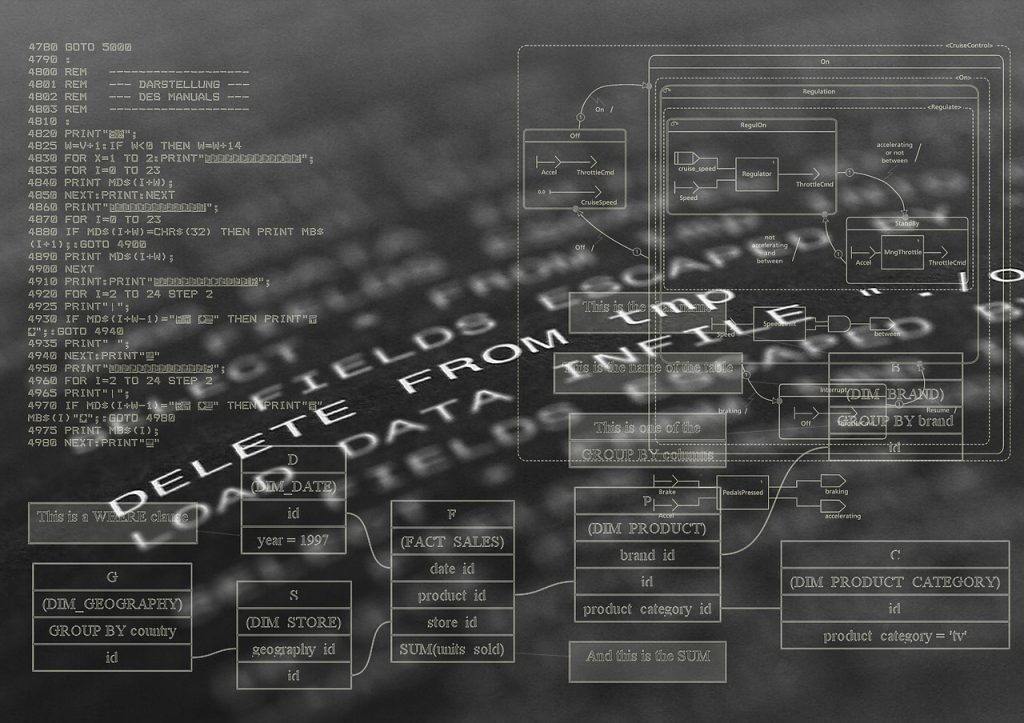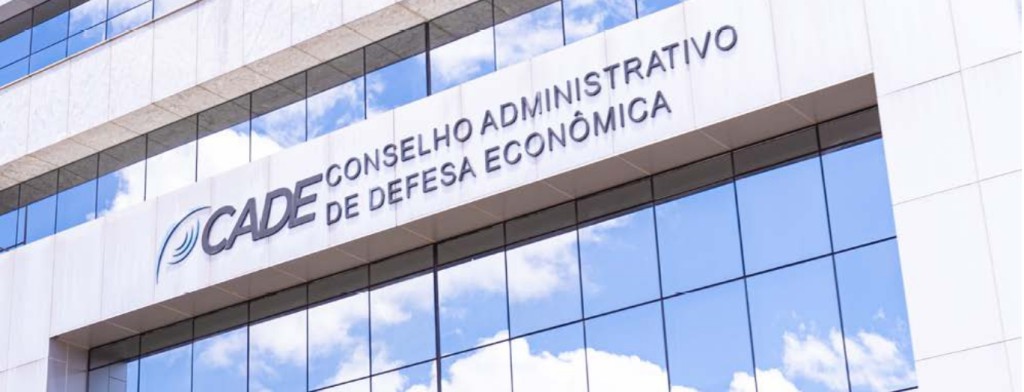
Challenges and Impacts of EU Environmental Regulations on Brazil
*Originally published in JOTA.
**This is an AI-powered machine translation of the original text in Portuguese.
The global sustainability agenda, especially the European Union's environmental regulations, has placed developing countries like Brazil in a challenging position due to trade barriers stemming from compliance costs.
This issue gains significant relevance considering the G20 meeting under Brazil's presidency in Rio de Janeiro, a forum where Brazil advocates for addressing climate change through sustainable and fair energy transition policies.
The Green Claims Report (Legal Grounds Institute), recently published, highlights the disproportionate economic impacts of European regulations—such as the Green Claims Directive, Carbon Border Adjustment Mechanism (CBAM), Regulation on Deforestation-free Products (EUDR), and Renewable Energy Directive (RED)—on Brazilian exports of products such as beef, soy, cocoa, coffee, iron, aluminum, and oil.
These EU regulations, while well-intentioned, fail to recognize the unique environmental and socioeconomic characteristics of Brazil and other developing countries, potentially leading to disproportionate economic and trade consequences without adequately achieving their intended objectives.
This contradiction is exemplified by the exclusion of Brazilian biomes such as the Cerrado and Caatinga from the EUDR's scope. These ecosystems, which are globally significant for biodiversity and carbon capture, are excluded from the normative concept of "forest" for the prohibition of products linked to deforestation, which is focused on denser regions like the Amazon.
This omission endangers the conservation of equally vital areas and creates gaps in environmental protection, making it harder for Brazilian products to access the European market without effectively contributing to deforestation reduction.
Another critical point inadequately addressed is Brazil’s energy matrix, predominantly composed of renewable sources, which ensures a lower carbon footprint for Brazilian products covered by CBAM, which imposes a standard carbon tax.
However, the EU's reference values do not yet reflect Brazil’s reality, leading to uncertainties regarding future additional requirements for national exporters in demonstrating the sustainability of their products.
To comply with regulations such as CBAM, EUDR, and the Green Claims Directive, Brazilian companies may face high costs for certification, traceability, and rigorous documentation requirements. These demands disproportionately affect small and medium-sized enterprises (SMEs), which often lack the resources to implement necessary adaptations.
The lack of financial and technical support risks creating entry barriers to the European market for these companies, which may be excluded from global value chains. These challenges are reflected in the postponement of the EUDR's implementation, as proposed by the European Commission in response to appeals from agricultural commodity-producing countries like Brazil. Under the postponement, the legislation will only apply from December 30, 2025, for large companies, and June 30, 2026, for SMEs.
Recognizing the specificities and challenges faced by countries like Brazil, a sustainable model that reconciles economic development with environmental protection is essential. Promoting sustainable practices should be a two-way street, where developed countries share knowledge, technology, and financial support to help developing nations adapt without sacrificing their growth.



